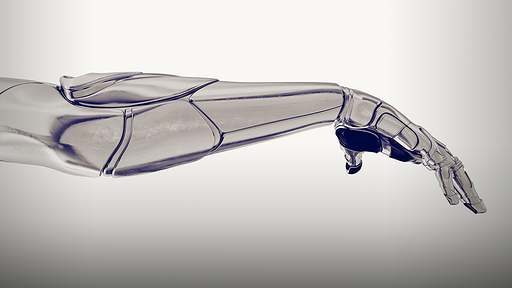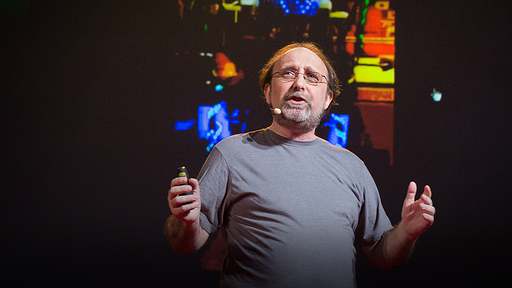Forecasting crime in Rio de Janeiro, a new Marvel comic, and an Airbnb to rejuvenate a rural community
The TED community has been very busy over the past few weeks. Below, some newsy highlights. Crime forecasting in Rio. Before the 2016 Olympic Games, worries ran high that crime in Rio might affect the mega-event; one reported attack at the Games (which actually might not have happened) grabbed headlines around the world during the […]
Continue reading

